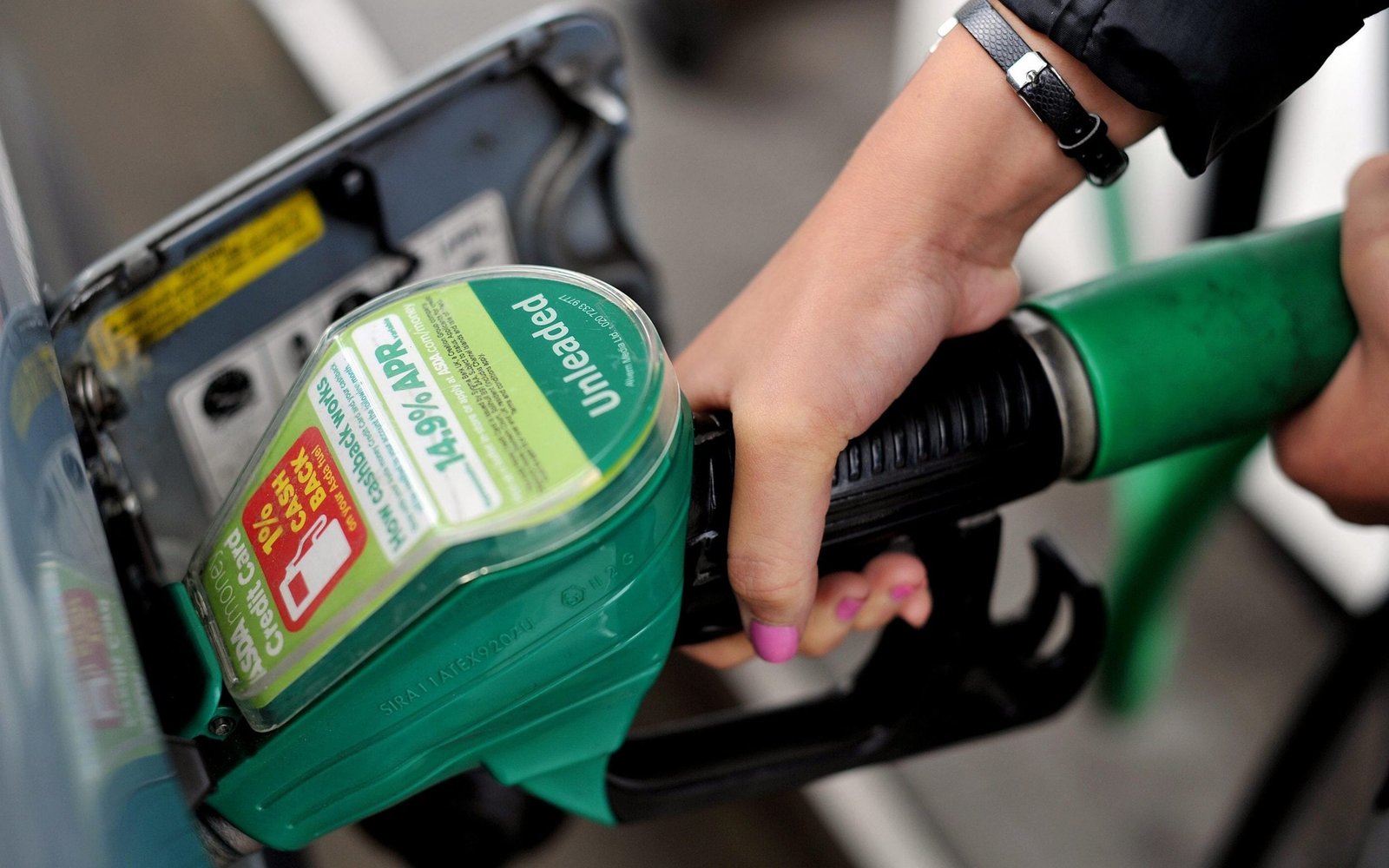
He said the number of verbal abuse directed at his staff had increased since the Prime Minister pledged to crack down on “scam” prices at the pumps.
The wholesale price paid by supermarkets is usually based on a lag of up to three weeks, allowing them to bolster their profit margins at a time when oil prices are rising sharply. This compares to independent operators, most of whom pay for fuel based on the average price of the previous week. About a quarter are forced to pay the spot price on the day the fuel is delivered.
In a rising market, that means independent operators need to raise prices faster – giving supermarkets the chance to make bigger profits if they follow suit, Mr Briggs said.
The criticism of the supermarkets came as the Competition and Markets Authority confirmed it would carry out a ‘short and focused review’ of the fuel market in response to Kwasi Kwarteng, the business secretary, asking the agency to investigate whether duty reductions were passed on to customers. .
Prices at the pump hit new highs, prompting the government to cut tariffs further to help households already struggling with the cost of living crisis.
Simon Williams, RAC fuel spokesman, said: ‘The speed and scale of the increase is staggering, with unleaded up 7p in a week and diesel up almost 6p.
“Surely this must put more pressure on the government to take action to ensure drivers don’t suffer a summer of discontent at the pumps.”
The big four supermarkets – Tesco, Sainsbury’s, Morrisons and Asda – enjoy a dominant position in the UK fuel market. They sell over 43% of the fuel by volume, but own less than one in five of the total number of sites.
Mr Briggs, whose company Ascona operates at 59 sites, making it the UK’s seventh largest forecourt operator, asked why supermarkets were not passing the savings on to their customers.
“If they have a three-week lag and they match independent retailer pricing, you do the math,” he said.
The gap between supermarkets and independent retailers has been “to the detriment of the industry”.
He added: “It would be a lot easier and a lot safer for everyone if those supply deals were based on the average of a previous week.”
An Asda spokesperson said: “Asda is the price leader in the supermarket fuel sector and despite significant increases in wholesale fuel costs, our average petrol price today is 8p per liter cheaper than independent operators. We were also the first retailer to pass on the reduction in fuel taxes and we will continue to do everything we can to offer customers the lowest prices at the pump.”
Forecourt operators have been criticized for being quick to raise the price per liter when wholesale prices rise, but slow to lower them when they fall.
Mr Briggs said: “What we do on some of our sites is that when we hold back [price increases] we’re actually taking a hit on our margin, to stay competitive.
“There are times when we’re going to take a hit on our margins in a fast-growing market, because we’re basically hit by that three-week advantage. So of course we’re losing margin.
“And then when the market drops, then we move slower. And we’ve offset that margin between the two. So we lost in a rising market, [and] we gained slightly by parachute.
He also defended higher prices at the pump when world oil prices were at similar levels in the past. Since fuel is bought in US dollars, he said the weak pound meant the real cost was at record highs when converted to sterling.
More about this article: Read More
Source: www.telegraph.co.uk
This notice was published: 2022-06-14 09:00:58
